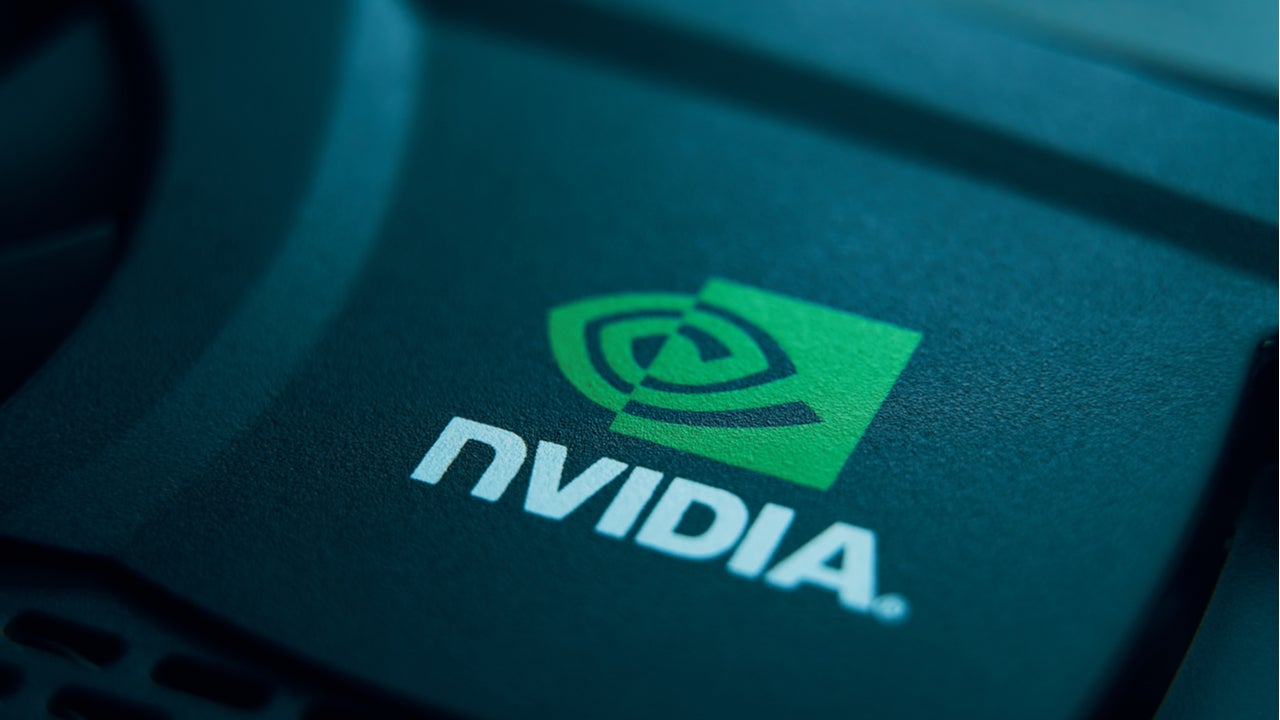
The UK’s antitrust regulator has found “serious competition concerns” in Nvidia’s acquisition of Arm and recommended an “in-depth investigation”, striking another blow to the beleaguered $40bn deal.
In a report published on Friday, the Competition and Markets Authority (CMA) said it was concerned the merger would “stifle innovation” in semiconductor markets such as data centres, gaming and self-driving cars.
Rivals have warned that Arm, which provides semiconductor designs that are licensed for use in the majority of smartphones and a wide range of electronic devices, could be forced to share information with Nvidia that would give the parent company a competitive advantage.
The CMA appears to share these concerns and said Nvidia would have “the ability and incentive” to restrict rivals’ access to Arm’s intellectual property.
“We’re concerned that Nvidia controlling Arm could create real problems for Nvidia’s rivals by limiting their access to key technologies, and ultimately stifling innovation across a number of important and growing markets,” said Andrea Coscelli, chief executive of the CMA. “This could end up with consumers missing out on new products, or prices going up.”
Nvidia, which specialises in graphics processing units (GPUs), insists the acquisition will benefit the market.
How well do you really know your competitors?
Access the most comprehensive Company Profiles on the market, powered by GlobalData. Save hours of research. Gain competitive edge.

Thank you!
Your download email will arrive shortly
Not ready to buy yet? Download a free sample
We are confident about the unique quality of our Company Profiles. However, we want you to make the most beneficial decision for your business, so we offer a free sample that you can download by submitting the below form
By GlobalDataAn Nvidia spokesperson told Verdict: “We look forward to the opportunity to address the CMA’s initial views and resolve any concerns the government may have. We remain confident that this transaction will be beneficial to Arm, its licensees, competition, and the UK.”
The CMA’s recommendation is in response to a public interest intervention issued by Oliver Dowden, secretary of state for Digital, Culture, Media and Sport (DCMS), on 19 April on national security grounds.
It is now up to Dowden to decide whether the Nvidia-Arm merger should be investigated on both competition and national security grounds, or if the CMA should investigate on competition only.
Verdict has contacted the DCMS to ask under what timescale this decision will be made.
The CMA said Nvidia offered a “behavioural remedy” to placate the regulator. Such measures require a company to make a firm commitment to behave in a certain way.
However, this was not enough for the CMA and so it referred the acquisition for a more thorough “phase two” investigation.
The CMA warned of a “realistic” and “substantial” threat to competition in the data centre. Nvidia supplies 90% of GPUs to the data centre market, while Arm’s data centre CPU intellectual property is increasingly challenging the dominance of the x86 ISA instructions used by rival chipmakers AMD and Intel.
The regulator said the merger could “create incentives to change Arm’s business model to favour Nvidia” and noted “the rapid growth of the addressable data centre CPU and SmartNIC markets”.
It also warned that Nvidia would have the market power to “modify the interoperability between data centre GPUs and Arm-based data centre CPUs or SmartNICs to enhance Nvidia’s products and undermine the operability of rivals’ products”.
According to GlobalData’s thematic scorecard, Nvidia ranks fifth for data centre semiconductors.
Another hurdle for Nvidia-Arm merger
While the outcome of the CMA’s recommendation is uncertain, it is yet another blow to the deal that was first announced in September last year.
Arm is currently owned by Japan’s Softbank after it bought the Cambridge-based company in 2016.
Because Arm has a division in China the deal must also receive regulatory approval from Beijing, where progress is reportedly sluggish.
Nvidia had originally expected the deal to close by March 2022. But last week the Santa Clara, California-headquartered company conceded for the first time that the acquisition will take longer due to regulatory scrutiny.
Analysts now believe it is increasingly unlikely that the deal will pass. The consensus in Wall Street is that the Nvidia-Arm deal now has only a “15-20% chance of going through”, said GlobalData analyst Michael Orme.
“On the face of it it’s bad news for Arm if it doesn’t [go through], as it needs Nvidia’s resources to keep its current global staff contingent and R&D intensity,” he previously told Verdict.
The level of scrutiny levelled at Nvidia has also been contrasted with the lack of regulatory attention given to SoftBank’s initial acquisition of Arm and the takeover of Newport Wafer Fab by China’s Wingtech.







